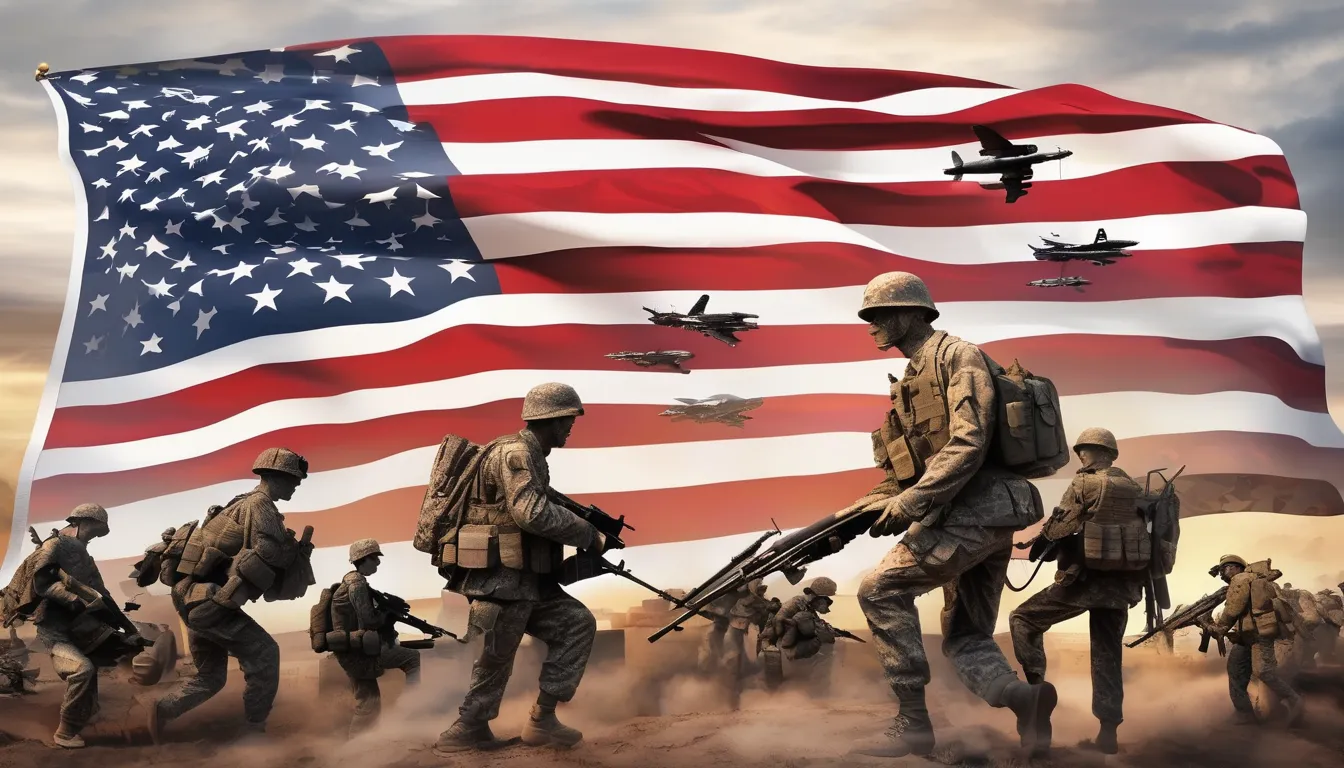
As you ponder the complexities of national identity, you can’t help but consider the role that war and remembrance play in shaping a nation’s collective consciousness. It’s a multifaceted topic, encompassing the legacy of past conflicts, the politics of commemoration, and the cultural heritage that emerges from these experiences. But what happens when the memories of war are painful or contentious? How do nations reconcile their past with their present, and what does this process reveal about their values and priorities? The answers to these questions are far from straightforward, and the implications are profound.
Shaping National Identity
One nation’s history is often marked by the wars it has fought, and you can’t help but wonder: how do these conflicts shape a nation’s identity?
As you delve into the complexities of war’s impact, you’ll find that a nation’s identity is shaped in profound ways. Wars can unite a nation, fostering a sense of shared purpose and patriotism. Conversely, they can also create divisions, highlighting existing tensions and exacerbating social and cultural differences.
You’ll notice that wars often lead to the creation of new national symbols, such as flags, anthems, and memorials. These symbols serve as visual reminders of a nation’s history and its values.
Moreover, wars can influence a nation’s foreign policy, as past conflicts inform present-day relationships with other nations. As you consider how wars shape national identity, you’ll see that the aftermath of conflict can be just as pivotal as the war itself.
The way a nation responds to war – whether through triumph, defeat, or reconciliation – can have lasting effects on its identity and inform its future actions.
War and Collective Memory
As you consider how wars shape national identity, you’ll likely think about the role of collective memory in this process. Collective memory refers to the shared experience and recollection of a nation’s history, including its wars.
It’s a collective understanding of what happened in the past and how it has shaped the nation’s identity. This collective memory is passed down through generations, often through oral histories, literature, and art.
When a nation experiences war, it can be a traumatic event that leaves a lasting impact on its collective memory. Wars create a shared experience among the nation’s people, and it’s often a defining moment in a nation’s history.
You may find that some wars have a more significant impact on collective memory than others. This can be due to the scale of the conflict, its outcome, or its perceived significance in shaping the nation’s identity.
As you reflect on the relationship between war and collective memory, consider the power of shared memories in shaping a nation’s identity. It’s through the shared experiences of war that nations can find common ground and forge a sense of unity and shared purpose.
The Politics of Remembrance
War and Remembrance
The Politics of Remembrance
Several factors influence the politics of remembrance, shaping how wars are commemorated and remembered.
You may notice that different governments and institutions often have varying interpretations of historical events. This selective memory can be attributed to the complex interplay between power dynamics, social interests, and national identities.
As you reflect on the politics of remembrance, consider the following key aspects:
- *Power struggles*: Governments and institutions may manipulate historical narratives to legitimize their authority or suppress dissenting voices.
- *Social interests*: Various groups, such as veterans, may have distinct interests in how wars are remembered, shaping the way commemorative events and national holidays are observed.
- *National identities*: The way wars are remembered can influence a nation’s sense of self and inform its relationships with other countries.
These factors contribute to the politics of remembrance, influencing how wars are remembered and commemorated.
As you think about these dynamics, you may realize that the way we remember war isn’t just a neutral reflection of the past but a complex construct shaped by various interests and power structures.
Commemoration and Cultural Heritage
Commemoration sites and cultural heritage play a crucial role in the remembrance of wars, serving as tangible connections to the past. You find these sites in the form of monuments, museums, and memorials that evoke emotions and provide a sense of historical context.
These sites allow you to connect with the past and understand the experiences of those who fought and died in wars. By visiting these sites, you’re able to pay your respects and reflect on the sacrifices made by others.
Cultural heritage also encompasses the intangible aspects of a nation’s history, such as traditions, customs, and stories. You see this in the way that wars are commemorated through ceremonies, parades, and rituals.
These events serve as a way to honor the past and provide a sense of continuity with the present. By participating in these events, you’re able to connect with others who share a common history and cultural identity.
Commemoration and cultural heritage are essential components of national identity, allowing you to reflect on the past and appreciate the sacrifices that have shaped your nation.
Reconciling Past and Present
War and Remembrance Military Publications : A Reflection on National Identity
Reconciling Past and Present
In the aftermath of conflict, you’re left to grapple with the weight of history and its impact on the present.
As you navigate this complex terrain, it’s essential to reconcile past and present to build a cohesive national identity. This requires confronting painful memories, acknowledging past injustices, and making amends.
To achieve this, consider the following steps:
- Acknowledge the past: Recognize the historical events that shaped your nation, including the conflicts, injustices, and triumphs. This acknowledgment is the first step towards healing and reconciliation.
- Listen to diverse perspectives: Engage with people from different backgrounds and listen to their experiences, stories, and concerns. This will help you understand the complexities of your national identity.
- Foster a culture of empathy: Encourage open dialogue, tolerance, and understanding. By doing so, you’ll create a culture that values empathy and promotes healing.
Conclusion
As you reflect on war and remembrance, you’ll see it’s a complex, multifaceted process that shapes your nation’s identity. By confronting painful memories and acknowledging injustices, you can foster a culture of empathy and promote healing. It’s up to you to engage with diverse perspectives, and in doing so, you’ll build a cohesive national identity that honors the past while embracing the present.



